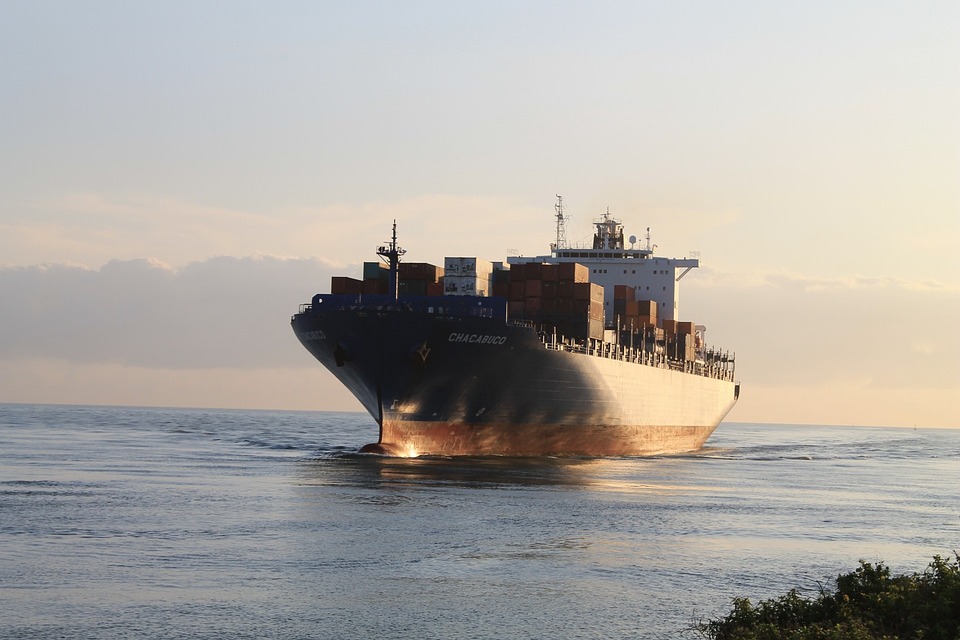Global Indices Futures: A Game-Changing Tool for Diversifying Investment Portfolios
In today’s increasingly interconnected world, investors are constantly looking for new ways to diversify their portfolios and mitigate risk. Global indices futures have emerged as a game-changing tool that allows investors to gain exposure to a diverse range of markets and asset classes, while also hedging against market volatility and other risks. In this article, we will explore the concept of global indices futures, their benefits, and how they can be used to diversify investment portfolios.
What are Global Indices Futures?
Global indices futures are derivative contracts that allow investors to buy or sell an underlying index at a predetermined price on a future date. These contracts are standardized and traded on futures exchanges, providing investors with a liquid and efficient way to gain exposure to global markets. Some of the most widely traded global indices futures include the S&P 500, NASDAQ 100, Dow Jones Industrial Average, FTSE 100, and Nikkei 225.
How Do Global Indices Futures Work?
Global indices futures work by allowing investors to speculate on the future direction of an underlying index. For example, if an investor believes that the S&P 500 will increase in value, they can buy a futures contract at the current price. If the value of the index increases by the expiration date of the contract, the investor will profit. Conversely, if the value of the index decreases, the investor will incur a loss.
What Are the Benefits of Global Indices Futures?
Global indices futures offer several benefits to investors, making them a valuable tool for diversifying investment portfolios. Some of the key benefits include:
Diversification: Global indices futures provide investors with exposure to a diverse range of markets and asset classes, allowing them to spread risk across different geographic regions and sectors.
Liquidity: Futures markets are highly liquid, allowing investors to buy and sell contracts with ease. This liquidity ensures that investors are able to enter and exit positions at fair market prices.
Leverage: Futures contracts allow investors to control a large position with a relatively small amount of capital. This leverage can amplify returns, although it also increases the potential for losses.
Hedging: Global indices futures can be used as a hedging tool, allowing investors to protect against market volatility and other risks. For example, if an investor holds a portfolio of U.S. stocks and believes that the market is likely to decline, they can sell S&P 500 futures to hedge their exposure.
What Are the Risks of Global Indices Futures?
While global indices futures offer many benefits, they also come with a unique set of risks that investors should be aware of. Some of the key risks include:
Leverage: The use of leverage in futures trading can amplify both gains and losses. This means that investors can potentially lose more than their initial investment if the market moves against them.
Price Volatility: Futures markets can be highly volatile, with prices often fluctuating significantly in a short period of time. This can lead to rapid and unexpected changes in the value of a futures position.
Counterparty Risk: Futures contracts are traded on exchanges and are cleared through a clearinghouse, which acts as the counterparty to all trades. While this reduces counterparty risk, it does not eliminate it entirely.
Interest Rate Risk: Futures contracts are subject to interest rate risk, as changes in interest rates can impact the cost of carrying a futures position.
FAQs
Q: Are global indices futures suitable for all investors?
A: Global indices futures are not suitable for all investors and may not be appropriate for those who are risk-averse or inexperienced in derivatives trading.
Q: Can global indices futures be used for short-term trading?
A: Yes, global indices futures can be used for short-term trading strategies, such as day trading or swing trading.
Q: How can I get started trading global indices futures?
A: To start trading global indices futures, you will need to open a futures trading account with a broker that offers access to futures markets. You will also need to familiarize yourself with the concepts of futures trading and the specific index futures you plan to trade.
Q: What are the costs associated with trading global indices futures?
A: Costs associated with trading global indices futures may include commissions, margin requirements, and exchange fees. It’s important to understand these costs before entering into any futures trades.
In conclusion, global indices futures have emerged as a game-changing tool that allows investors to gain exposure to a diverse range of markets and asset classes, while also hedging against market volatility and other risks. While they offer many benefits, they also come with unique risks that investors should be aware of. By understanding the mechanics of global indices futures and conducting thorough research, investors can effectively incorporate these instruments into their investment portfolios.




